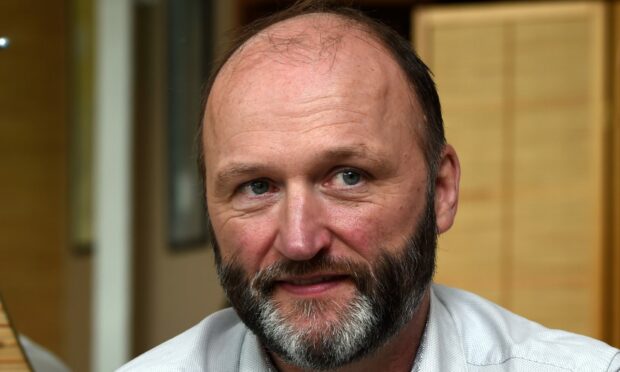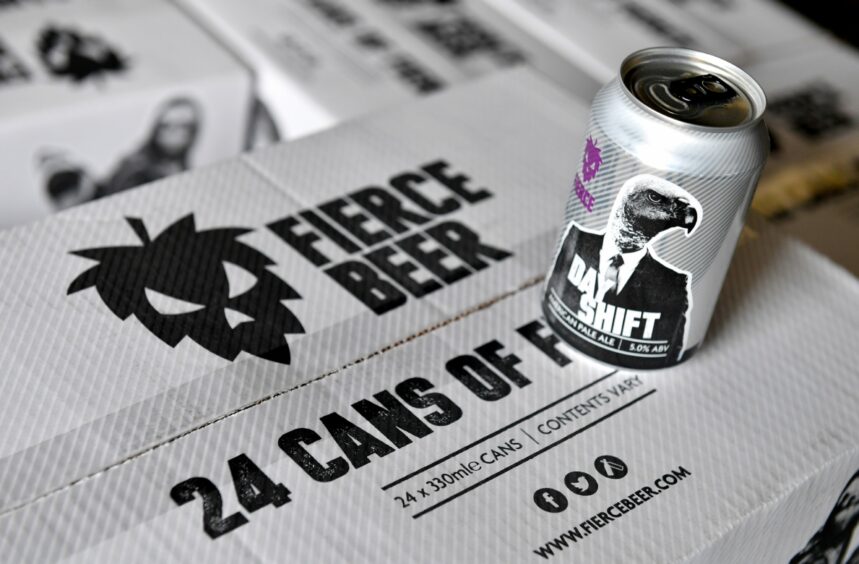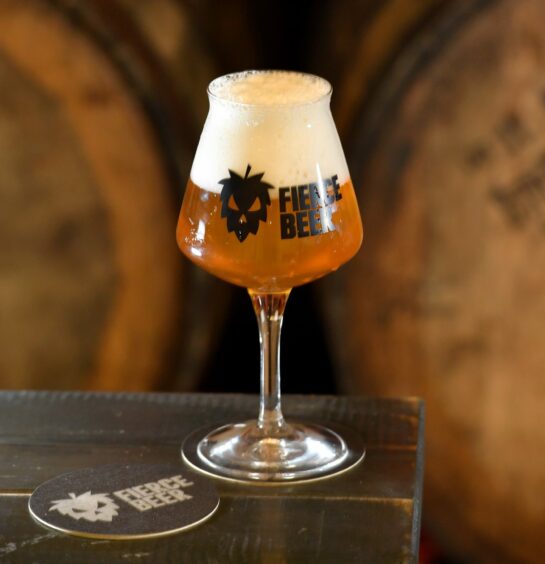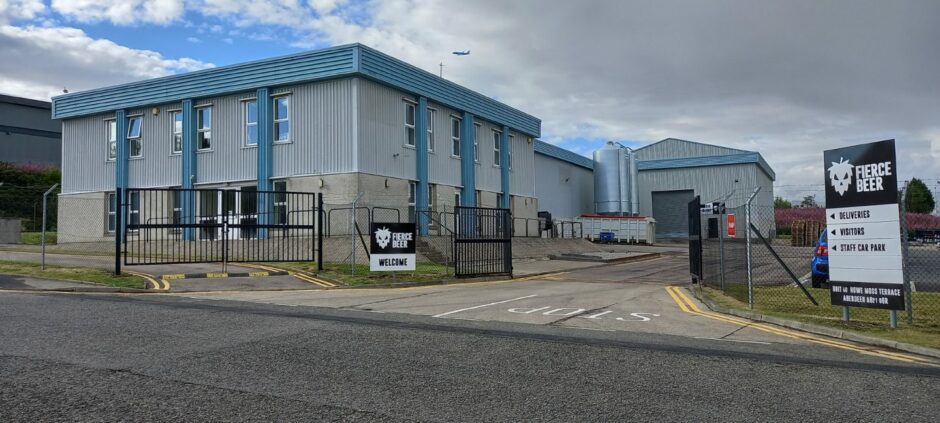Historically, in the world of brewing local was everything.
Small brewers produced casks of ales that really didn’t have much of a shelf life, so they had to be consumed quickly.
This meant the beer could not travel far, hence the love of a “local brewery”.
This changed as brewing techniques improved. Beer sterility was generally better, so the brews lasted longer.
Export market challenges
Extremes of this meant local breweries – such as Fierce Beer – came to rely on significant portions of their revenues being made up from export sales to markets as far afield as Australia, New Zealand and Singapore.
But the trials of the past few years have effectively put an end to the majority of beer exports for most breweries.
Brexit, shipping delays, increased costs, and now soaring energy and raw material prices mean breweries have had to adapt to a much-changed market landscape.
The cost to send pallets of beer even just south of the border is becoming prohibitive.
Pandemic impacts on trade
Earlier in the pandemic, many breweries struggled with the constant isolation rule changes.
Initially, production moved from draught kegs towards cans and bottles for home use.
There was an immediate swing back to kegs again when the hospitality trade reopened.
Despite this continual swing back and forward and the impact it had on businesses’ ability to plan for the longer term, smaller, more nimble and adaptable breweries thrived.
This was due to them being able to better serve local markets in a more efficient manner than slow-moving megabreweries.
It effectively created a whole new local market.
Previously, draught taps were difficult to get hold of as the megabreweries “bought” them for their own products exclusively.
This left small breweries with their own taprooms and not much else.
As the tap landscape changed to being more local, and drinkers had the chance to try wares from the “new” local breweries, eyes were opened and habits changed.
People increasingly appreciated beer with flavour, rather than settling for “the usual”, especially if there was local provenance and a good story to support.
Fierce Beer has seen a huge difference over the past two years in terms of local customer acceptance of our products.
Great leaps of faith from some amazing businesses such as McGintys Group, Aberdeen Performing Arts, Siberia and the recently relocated Maggie’s Grill have helped to grow our draught tap availability in the Aberdeen area from fewer than 30 to more than 130.
‘Customer service is indeed king’
For a bar owner to decide to move away from the accepted mass norm to something a little more “out there” not only takes a leap of faith initially, but also demands continual guidance in terms of staff training, potential new products and generally providing the level of service that really makes a difference to people.
This is where local, nimble breweries win every time. Customer service is indeed king.
Fierce has also implemented many changes to how it operates, with a vastly improved ability to support this growing local network.
We now have a dedicated local business sales team and local delivery routes to service the new clients.
We spend time with every customer to understand their needs and drivers – and adapt to suit their needs.
This is critical when we can deliver to any client in a matter of hours, and are regularly called on at weekends to sort out customer “issues” which can be resolved rapidly.
Fierce Beer has seen a huge difference over the past two years in terms of local customer acceptance of our products.”
Brewing is not alone in the push to support local. We have amazing gin-makers and distillers, bakers, butchers, barbeque rub-makers and coffee houses, among others, who have seen a huge change in their business as we all look to support them instead of the multi-franchise providers.
Regardless of why people want to support the businesses around them, whether it is because of provenance, a particular back story, CO2 miles or service and support, long may this continue to evolve.
Dave Grant is co-founder and managing director of Aberdeen-based brewer and pub operator Fierce Beer.





Conversation